Orthodoxy

G. K. Chesterton
CHAPTER I.
Introduction in Defence of Everything Else
The only possible excuse for this book is that it is an answer to a challenge. Even a bad shot is dignified when he accepts a duel. When some time ago I published a series of hasty but sincere papers, under the name of “Heretics,” several critics for whose intellect I have a warm respect (I may mention specially Mr. G.S. Street) said that it was all very well for me to tell everybody to affirm his cosmic theory, but that I had carefully avoided supporting my precepts with example. “I will begin to worry about my philosophy,” said Mr. Street, “when Mr. Chesterton has given us his.” It was perhaps an incautious suggestion to make to a person only too ready to write books upon the feeblest provocation. But after all, though Mr. Street has inspired and created this book, he need not read it. If he does read it, he will find that in its pages I have attempted in a vague and personal way, in a set of mental pictures rather than in a series of deductions, to state the philosophy in which I have come to believe. I will not call it my philosophy; for I did not make it. God and humanity made it; and it made me.
I have often had a fancy for writing a romance about an English yachtsman who slightly miscalculated his course and discovered England under the impression that it was a new island in the South Seas. I always find, however, that I am either too busy or too lazy to write this fine work, so I may as well give it away for the purposes of philosophical illustration. There will probably be a general impression that the man who landed (armed to the teeth and talking by signs) to plant the British flag on that barbaric temple which turned out to be the Pavilion at Brighton, felt rather a fool. I am not here concerned to deny that he looked a fool. But if you imagine that he felt a fool, or at any rate that the sense of folly was his sole or his dominant emotion, then you have not studied with sufficient delicacy the rich romantic nature of the hero of this tale. His mistake was really a most enviable mistake; and he knew it, if he was the man I take him for. What could be more delightful than to have in the same few minutes all the fascinating terrors of going abroad combined with all the humane security of coming home again? What could be better than to have all the fun of discovering South Africa without the disgusting necessity of landing there? What could be more glorious than to brace one’s self up to discover New South Wales and then realize, with a gush of happy tears, that it was really old South Wales. This at least seems to me the main problem for philosophers, and is in a manner the main problem of this book. How can we contrive to be at once astonished at the world and yet at home in it? How can this queer cosmic town, with its many-legged citizens, with its monstrous and ancient lamps, how can this world give us at once the fascination of a strange town and the comfort and honour of being our own town? To show that a faith or a philosophy is true from every standpoint would be too big an undertaking even for a much bigger book than this; it is necessary to follow one path of argument; and this is the path that I here propose to follow. I wish to set forth my faith as particularly answering this double spiritual need, the need for that mixture of the familiar and the unfamiliar which Christendom has rightly named romance. For the very word “romance” has in it the mystery and ancient meaning of Rome. Any one setting out to dispute anything ought always to begin by saying what he does not dispute. Beyond stating what he proposes to prove he should always state what he does not propose to prove. The thing I do not propose to prove, the thing I propose to take as common ground between myself and any average reader, is this desirability of an active and imaginative life, picturesque and full of a poetical curiosity, a life such as western man at any rate always seems to have desired. If a man says that extinction is better than existence or blank existence better than variety and adventure, then he is not one of the ordinary people to whom I am talking. If a man prefers nothing I can give him nothing. But nearly all people I have ever met in this western society in which I live would agree to the general proposition that we need this life of practical romance; the combination of something that is strange with something that is secure. We need so to view the world as to combine an idea of wonder and an idea of welcome. We need to be happy in this wonderland without once being merely comfortable. It is this achievement of my creed that I shall chiefly pursue in these pages.
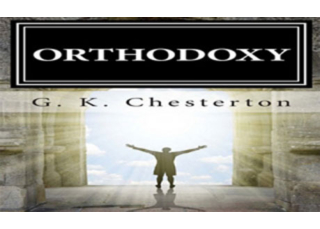
Book eBook Orthodoxy
Gilbert Keith Chesterton
4 agosto, 2016
update 17 agosto, 2021
Go to the Download pageMore eBooks in English
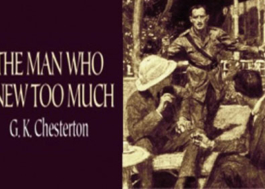
The Man Who Knew Too Much

Manalive

The Ball and the Cross
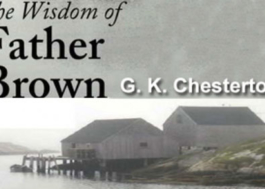
The Wisdom of Father Brown
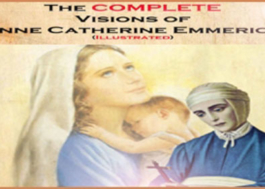
The Complete Visions of Anne Catherine Emmerich
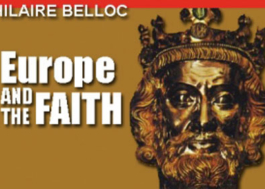
Europe and the Faith
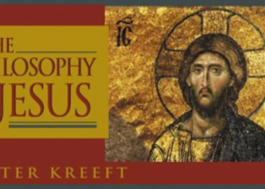
The philosophy of Jesus
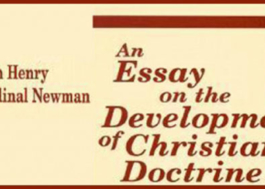
An Essay on the Development of Christian Doctrine
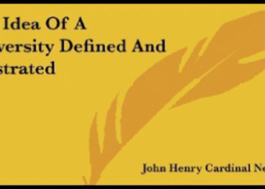
The Idea of a University Defined and Illustrated
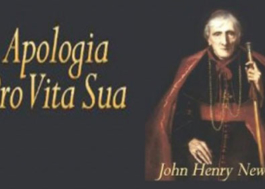
Apologia pro Vita Sua
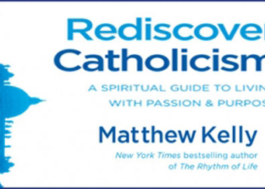
Rediscover Catholicism
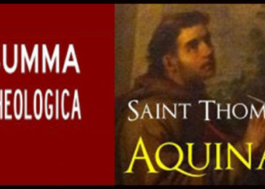
Summa Theologica
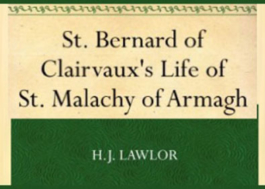
St. Bernard of Clairvaux’s Life of St. Malachy of Armagh
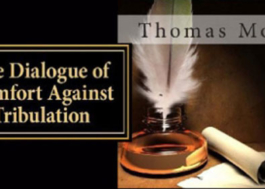
Dialogue of Comfort against Tribulation
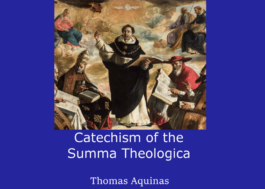
Catechism of the Summa Theologica
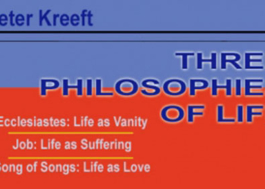
Three Philosophies of Life
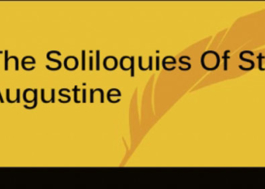
The Soliloquies Of St. Augustine

Quo Vadis (English Edition)
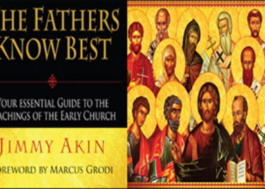
The Fathers Know Best
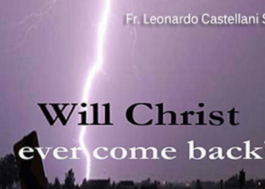
Will Christ ever come back?


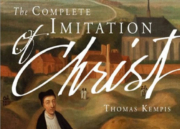
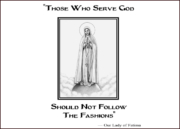
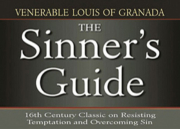
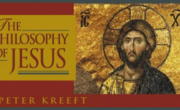
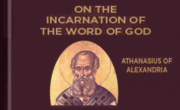
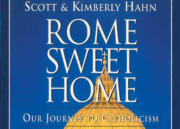
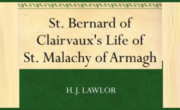



















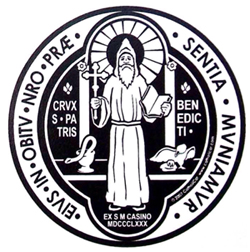
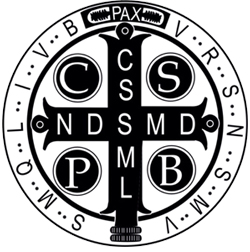
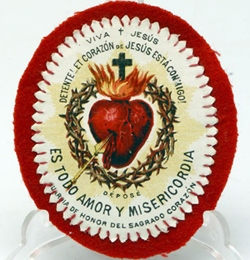
Dejar un comentario
¿Quieres unirte a la conversación?Siéntete libre de contribuir!